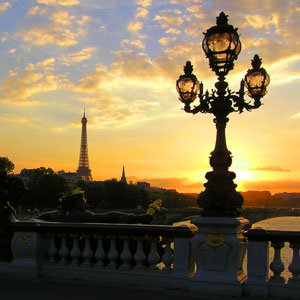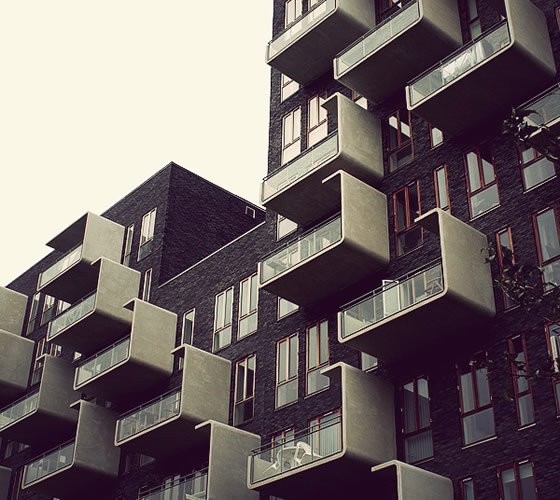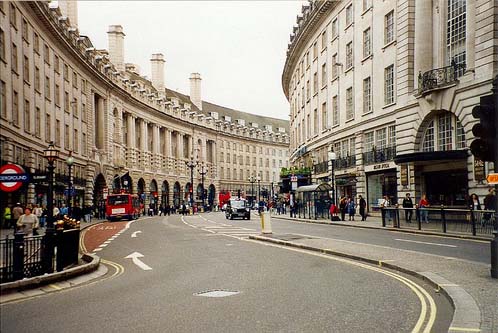Many people just assume that to go anywhere for an extended stay, or even a short stay of, say, a few days, will require an expensive stay at a hotel. There you will have to pay for expensive dinners—especially breakfasts—on top of which there are usually charges for certain amenities, like drinks, or basic foods for snacks, like bread and cheese.
This is simply not the case.

Renting an apartment—or “renting a flat,” as they say in Europe—is something that can be done for a month-long stay or even if you are only visiting for a little over three days (Check odessa apartments in ukraine). Why do people believe this? Because here in America, landlords usually force you into a lease for a year, or possibly two. To find a landlord who would charge you only for a week or two is more or less unheard of here; it is standard operating procedure to our brothers and sisters across the Atlantic.
The beautiful thing about this arrangement is that you will save half the money you would have spent on food and drink. By going to local shops and buying cheese and salamis, bread and fruit and veggies, you can eat a meal inside your little place without having to spend a relative fortune by going out every night. (And eating hotel meals is hit or miss in most cases. We’ve all been to a bed & breakfast that serves only granola every morning.)

While little can be done for spending money on rooms a place to stay—the price of renting a flat is about as much as paying for a room at the hotel—but it offers you a chance to live like a European. Walk the streets and talk to people as much as you can. There are always quaint shops to walk into and browse; or window-shop up and down the main thoroughfare. By all means stop in at the local coffee house and get a cup with a biscotti or any local favorite they have. But remember that renting an apartment for however long you intend to stay in Europe will be far “realer” than staying in a hotel, however how posh it is.
Think of it this way. In a hotel, half the money you pay goes to food. You can anticipate spending 15%-20% on gratuities. There are other expenses, like the bar and cable. Now, in a rented flat you may not have television; but who goes to Europe to watch their wide array of television shows? How many times can you watch The Life of Gretchen Slbotnika? I made that up, but you get my point.

When I think of Europe, I think of stone-laden streets, brick-walled buildings, churches with stone spires and a bell tower; ivy crawling up the stones and vines clinging to windowsills. One thing I don’t think of is a man in coat pushing a revolving door that I could have pushed, then asking for five Euros. It just doesn’t make sense.
So, the words are “rented flat.” Do NOT get sucked into paying a lot of money for a place to stay. Spend money on a place to LIVE. I will be worth your time, your money, and your trip will have an added element of authenticity you never knew possible.